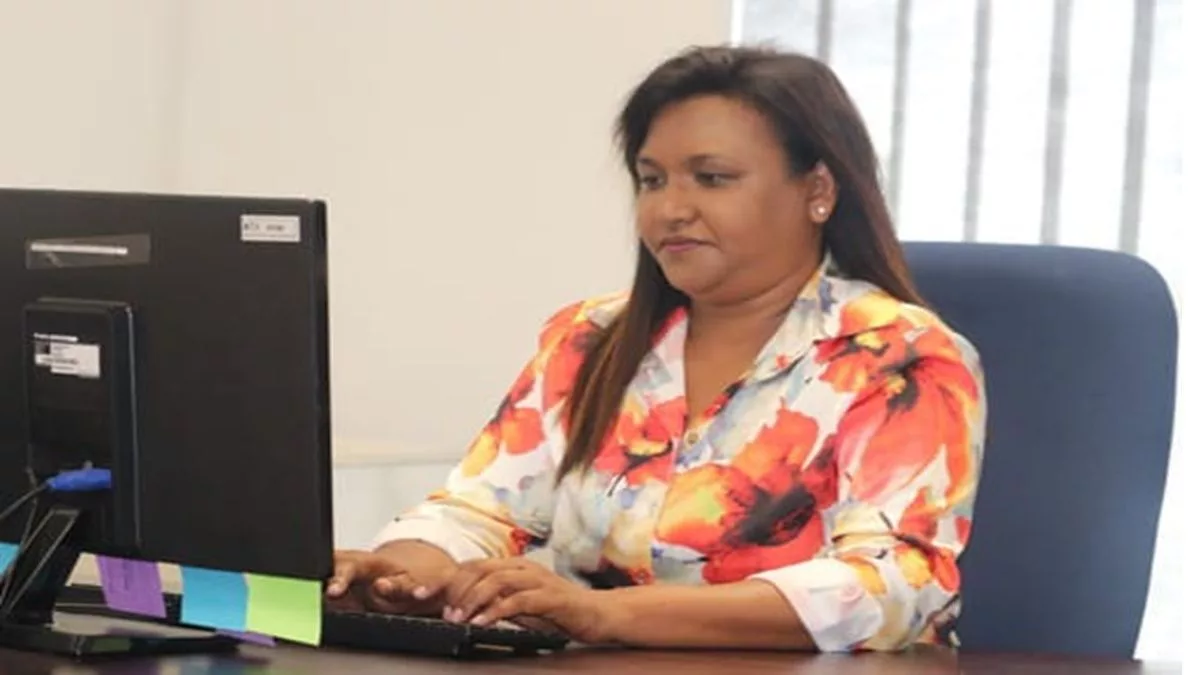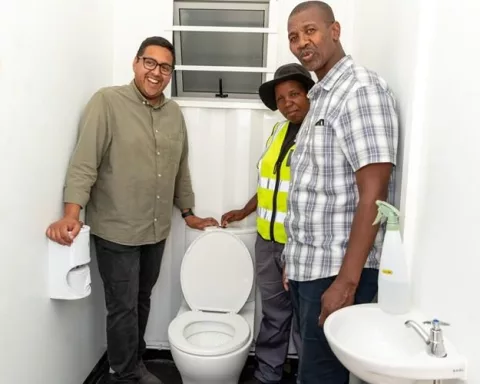South Africa’s democracy is constantly shaped by the legislature and judiciary, as recent court rulings regarding the allocation of seats in the National Assembly and signature requirements for independent candidates demonstrate. The Constitutional Court upheld the equal division of seats between regional and compensatory votes, emphasizing the principles of fairness and representation. Additionally, the court reduced the signature requirement for independent candidates, ensuring that every citizen has the opportunity to participate in elections freely and fairly. These rulings highlight the commitment to advancing democracy while upholding constitutional rights.
South Africa’s Democratic Landscape Shaped by Legislature and Judiciary
The recent constitutional court ruling regarding the allocation of seats in the National Assembly has sparked discussions around the nation’s electoral system. The parliament has acknowledged the court’s verdict positively, emphasizing the judiciary’s role in preserving the principles of fairness and representation. In addition, the court has reduced the signature requirement for independent candidates, ensuring that every citizen has the opportunity to participate in elections freely and fairly.
In the ever-evolving political climate, South Africa’s democratic terrain is continually being molded by the judiciary and the legislature. The recent constitutional court ruling concerning the allocation of seats in the National Assembly has ignited new discussions around the nation’s electoral system. The South African Parliament has received the court’s verdict positively, recognizing the judiciary’s fundamental role in preserving the principles of fairness and representation.
The Court’s Decision on Assembly Seats
In an impactful judgment, the Constitutional Court dismissed the petition submitted by the Independent Candidates Association South Africa NPC. The association attempted to question the rationale and fairness behind the equal division of 200 seats each, proposing instead a 350/50 split in favor of independent candidates. The court’s verdict has reinforced the legality of the electoral amendment act, which ensures equal division of National Assembly seats between regional and compensatory votes.
The schedule of the electoral amendment act allocates 200 seats to regional or provincial votes, which are open for independent candidates to vie for. The remaining 200 seats, meant for compensatory or national votes, are intended to sustain proportional representation in the assembly. The latter batch is solely reserved for political parties, maintaining a well-rounded representation of independent and party interests.
Challenging the Seat Arrangement
The Independent Candidates Association based its argument on a suggested alternative of 350 seats for independent candidates and a mere 50 seats for parties. However, the Constitutional Court ruled that both the 200/200 and 350/50 configurations fulfilled the constitutional requirements, and hence, it was not within its power to influence the legislature’s preference.
Moreover, the court discovered that the applicant failed to prove that the equal division was arbitrary or unfair. The current arrangement doesn’t violate any of the fundamental rights inscribed in the Constitution. Furthermore, the even split complies with the principles of free and fair elections. The court, therefore, highlighted the rigorous process that Parliament employed to apply its logic and consider all relevant issues related to proportional representation under the Constitution’s guidance.
Contesting Election Entry Threshold
Simultaneously, the court scrutinized section 31(B)(3), which compels an independent candidate or a newly-formed political party to secure 15% of the registered voters’ quota in the relevant region from the previous election to compete. One Movement SA NPC opposed this provision, asserting that the 15% signature threshold unreasonably prevents independent candidates from registering for elections, thus violating their rights to contend.
Constitutional Validity and Election Fairness
In the majority ruling, Judge Jody Kollapen announced sections 31B (3)(a)(i) and (ii) of the Electoral Act as “constitutionally invalid,” as they unreasonably curtail the rights to freedom of association, political choices, and standing for public office. As a resolution, the court reduced the signature requirement to 1000 for independent candidates, allowing Parliament a span of 24 months to rectify the constitutional flaws.
This ruling symbolizes the commitment of both the legislature and the judiciary to ensure that every citizen is given the chance to participate in elections freely and fairly. Through the process of checks and balances, the democratic system of South Africa continues to advance, simultaneously encouraging citizen involvement and upholding constitutional rights. As the nation progresses, these rulings and amendments will persist in shaping the political terrain, nurturing a lively and participatory democracy.
What recent court rulings have shaped South Africa’s democracy?
Recent court rulings regarding the allocation of seats in the National Assembly and signature requirements for independent candidates have shaped South Africa’s democracy.
What did the Constitutional Court rule regarding the allocation of seats in the National Assembly?
The Constitutional Court upheld the equal division of seats between regional and compensatory votes, emphasizing the principles of fairness and representation.
What did the court ruling on the allocation of seats spark?
The court ruling on the allocation of seats in the National Assembly has sparked discussions around the nation’s electoral system.
What did the court reduce regarding independent candidates?
The court reduced the signature requirement for independent candidates, ensuring that every citizen has the opportunity to participate in elections freely and fairly.
What did the Independent Candidates Association South Africa NPC attempt to question?
The Independent Candidates Association South Africa NPC attempted to question the rationale and fairness behind the equal division of 200 seats each, proposing an alternative of 350/50 split in favor of independent candidates.
What did the court rule regarding the contesting election entry threshold?
The court ruled that section 31(B)(3) unreasonably prevents independent candidates from registering for elections, thus violating their rights to contend. The court reduced the signature requirement to 1000 for independent candidates, allowing Parliament a span of 24 months to rectify the constitutional flaws.








